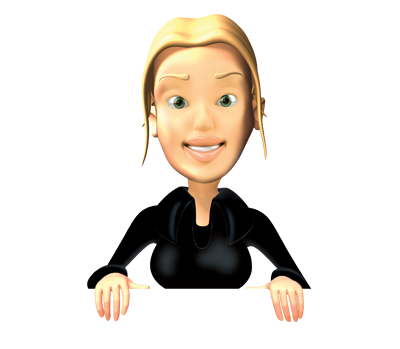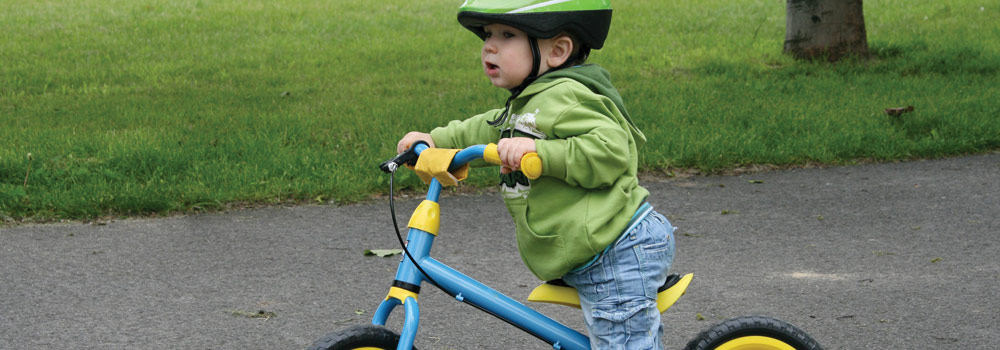Living a healthy lifestyle means many things: having fun, eating well, being active, staying safe, getting enough sleep, taking care of our minds and bodies. Practical things are important too, like making sure your child visits the dentist regularly, their immunisations are kept up-to-date, they are receiving their daily vitamin drops and that they attend health and development checks. Look out for, and be aware of, your child’s health in order to prevent illness and discuss any concerns with your health visitor. Developing a healthy attitude early on will help to ensure they become healthy throughout life.
Being physically active every day is important for healthy growth and development and impacts on their social skills. Babies should be encouraged to be active from birth. Before your baby begins to crawl, encourage them to be physically active by reaching and grasping, pulling and pushing during supervised floor play, including tummy time (when you place your baby on their stomach while awake and you are watching).
Minimise the amount of time children spend sitting watching TV, in a buggy, playing computer games and travelling by car, bus or train. Try to make exercise fun and part of everyday life for all the family.

You can give your child whole (full-fat) cow’s milk as a drink from one year old (and on breakfast cereal from six months old). Do not give children under two years old semi-skimmed, 1% fat or skimmed milk, these don’t contain enough calories or essential vitamins for children of this age. From two to five years old, children can drink whole or semi-skimmed milk.
If your child doesn’t like milk, it’s important to try to include other dairy foods in their diet such as yoghurt or cheese, but don’t give them lower-fat versions.
Promoting good health and a healthy weight
With healthy habits from birth, you can give your baby a good start for a healthy and happy future. Breast milk is ideal for your baby’s growing needs. It is easy to develop healthy eating habits at an early stage in their lives. Babies like the foods they get used to. If you give them lots of different, healthy foods to try when they are babies and toddlers, they are more likely to eat a variety of healthy foods as they grow up. Avoid salt, sugar, honey, nuts, saturated fats, low-fat foods, raw shellfish or eggs for babies.
The Department of Health recommends that all children from six months to five years old are given supplements, in the form of vitamin drops which contain vitamins A, C and D. Please speak to your health visitor or pharmacist who will be able to give you further advice.
Physical exercise helps with all aspects of physical and mental wellbeing and it helps avoid becoming overweight or obese. Try to have family outings that include walking and cycling so you can all get fitter together.
The first two years of life are a critical time for brain development. TV and other electronic media can get in the way of exploring, playing, thinking and interacting, which all encourage learning and healthy physical and social development.
Children who consistently spend more than four hours a day watching TV are more likely to be overweight (less time for play).
TV and electronic media can limit communication and speech skills, resulting in the child preferring to listen rather than take part in a real-life conversation. TV can affect sleep patterns too.
1
How much exercise should my child have daily?
2
Children who can walk on their own should be active every day for at least three hours. This should be spread throughout the day, indoors and outside.
3
Safe, active play, such as using a climbing frame, riding a bike, playing in water, chasing games and ball games should be supervised.
Source: www.healthystart.nhs.uk NHS Choices pregnancy and baby


